“Don’t mention the word ‘liberalism,’ ” the talk-show host says to the guy who’s written a book on it. “Liberalism,” he explains, might mean Hillary Clinton and Barack Obama to his suspicious audience, alienating more people than it invites. Talk instead about “liberal democracy,” a more expansive term that includes John McCain and Ronald Reagan. When you cross the border to Canada, you are allowed to say “liberalism” but are asked never to praise “liberals,” since that means implicitly endorsing the ruling Trudeau government and the long-dominant Liberal Party. In England, you are warned off both words, since “liberals” suggests the membership of a quaintly failed political party and “liberalism” its dated program. In France, of course, the vagaries of language have made “liberalism” mean free-market fervor, doomed from the start in that country, while what we call liberalism is more hygienically referred to as “republicanism.” Say that.
Liberalism is, truly, the love that dare not speak its name. Liberal thinkers hardly improve matters, since the first thing they will say is that the thing called “liberalism” is not actually a thing. This discouraging reflection is, to be sure, usually followed by an explanation: liberalism is a practice, a set of institutions, a tradition, a temperament, even. A clear contrast can be made with its ideological competitors: both Marxism and Catholicism, for instance, have more or less explicable rules—call them, nonpejoratively, dogmas. You can’t really be a Marxist without believing that a revolution against the existing capitalist order would be a good thing, and that parliamentary government is something of a bourgeois trick played on the working class. You can’t really be a Catholic without believing that a crisis point in cosmic history came two millennia ago in the Middle East, when a dissident rabbi was crucified and mysteriously revived. You can push either of these beliefs to the edge of metaphor—maybe the rabbi was only believed to be resurrected, and the inner experience of that epiphany is what counts; maybe the revolution will take place peacefully within a parliament and without Molotov cocktails—but you can’t really discard them. Liberalism, on the other hand, can include both faith in free markets and skepticism of free markets, an embrace of social democracy and a rejection of its statism. Its greatest figure, the nineteenth-century British philosopher and parliamentarian John Stuart Mill, was a socialist but also the author of “On Liberty,” which is (to the leftist imagination, at least) a suspiciously libertarian manifesto.
Whatever liberalism is, we’re regularly assured that it’s dying—in need of those shock paddles they regularly take out in TV medical dramas. (“C’mon! Breathe, damn it! Breathe! ”) As on television, this is not guaranteed to work. (“We’ve lost him, Holly. Damn it, we’ve lost him.”) Later this year, a certain demagogue who hates all these terms—liberals, liberalism, liberal democracy—might be lifted to power again. So what is to be done? New books on the liberal crisis tend to divide into three kinds: the professional, the professorial, and the polemical—books by those with practical experience; books by academics, outlining, sometimes in dreamily abstract form, a reformed liberal democracy; and then a few wishing the whole damn thing over, and well rid of it.
The professional books tend to come from people whose lives have been spent as pundits and as advisers to politicians. Robert Kagan, a Brookings fellow and a former State Department maven who has made the brave journey from neoconservatism to resolute anti-Trumpism, has a new book on the subject, “Rebellion: How Antiliberalism Is Tearing America Apart—Again” (Knopf). Kagan’s is a particular type of book—I have written one myself—that makes the case for liberalism mostly to other liberals, by trying to remind readers of what they have and what they stand to lose. For Kagan, that “again” in the title is the crucial word; instead of seeing Trumpism as a new danger, he recapitulates the long history of anti-liberalism in the U.S., characterizing the current crisis as an especially foul wave rising from otherwise predictable currents. Since the founding of the secular-liberal Republic—secular at least in declining to pick one faith over another as official, liberal at least in its faith in individualism—anti-liberal elements have been at war with it. Kagan details, mordantly, the anti-liberalism that emerged during and after the Civil War, a strain that, just as much as today’s version, insisted on a “Christian commonwealth” founded essentially on wounded white working-class pride.
The relevance of such books may be manifest, but their contemplative depth is, of necessity, limited. Not to worry. Two welcomely ambitious and professorial books are joining them: “Liberalism as a Way of Life” (Princeton), by Alexandre Lefebvre, who teaches politics and philosophy at the University of Sydney, and “Free and Equal: A Manifesto for a Just Society” (Knopf), by Daniel Chandler, an economist and a philosopher at the London School of Economics.
The two take slightly different tacks. Chandler emphasizes programs of reform, and toys with the many bells and whistles on the liberal busy box: he’s inclined to try more random advancements, like elevating ordinary people into temporary power, on an Athenian model that’s now restricted to jury service. But, on the whole, his is a sanely conventional vision of a state reformed in the direction of ever greater fairness and equity, one able to curb the excesses of capitalism and to accommodate the demands of diversity.
The program that Chandler recommends to save liberalism essentially represents the politics of the leftier edge of the British Labour Party—which historically has been unpopular with the very people he wants to appeal to, gaining power only after exhaustion with Tory governments. In the classic Fabian manner, though, Chandler tends to breeze past some formidable practical problems. While advocating for more aggressive government intervention in the market, he admits equably that there may be problems with state ownership of industry and infrastructure. Yet the problem with state ownership is not a theoretical one: Margaret Thatcher became Prime Minister because of the widely felt failures of state ownership in the nineteen-seventies. The overreaction to those failures may have been destructive, but it was certainly democratic, and Tony Blair’s much criticized temporizing began in this recognition. Chandler is essentially arguing for an updated version of the social-democratic status quo—no bad place to be but not exactly a new place, either.
Lefebvre, on the other hand, wants to write about liberalism chiefly as a cultural phenomenon—as the water we swim in without knowing that it’s wet—and his book is packed, in the tradition of William James, with racy anecdotes and pop-culture references. He finds more truths about contemporary liberals in the earnest figures of the comedy series “Parks and Recreation” than in the words of any professional pundit. A lot of this is fun, and none of it is frivolous.
Yet, given that we may be months away from the greatest crisis the liberal state has known since the Civil War, both books seem curiously calm. Lefebvre suggests that liberalism may be passing away, but he doesn’t seem especially perturbed by the prospect, and at his book’s climax he recommends a permanent stance of “reflective equilibrium” as an antidote to all anxiety, a stance that seems not unlike Richard Rorty’s idea of irony—cultivating an ability both to hold to a position and to recognize its provisionality. “Reflective equilibrium trains us to see weakness and difference in ourselves,” Lefebvre writes, and to see “how singular each of us is in that any equilibrium we reach will be specific to us as individuals and our constellation of considered judgments.” However excellent as a spiritual exercise, a posture of reflective equilibrium seems scarcely more likely to get us through 2024 than smoking weed all day, though that, too, can certainly be calming in a crisis.
Both professors, significantly, are passionate evangelists for the great American philosopher John Rawls, and both books use Rawls as their fount of wisdom about the ideal liberal arrangement. Indeed, the dust-jacket sell line of Chandler’s book is a distillation of Rawls: “Imagine: You are designing a society, but you don’t know who you’ll be within it—rich or poor, man or woman, gay or straight. What would you want that society to look like?” Lefebvre’s “reflective equilibrium” is borrowed from Rawls, too. Rawls’s classic “A Theory of Justice” (1971) was a theory about fairness, which revolved around the “liberty principle” (you’re entitled to the basic liberties you’d get from a scheme in which everyone got those same liberties) and the “difference principle” (any inequalities must benefit the worst off). The emphasis on “justice as fairness” presses both professors to stress equality; it’s not “A Theory of Liberty,” after all. “Free and equal” is not the same as “free and fair,” and the difference is where most of the arguing happens among people committed to a liberal society.
Indeed, readers may feel that the work of reconciling Rawls’s very abstract consideration of ideal justice and community with actual experience is more daunting than these books, written by professional philosophers who swim in this water, make it out to be. A confidence that our problems can be managed with the right adjustments to the right model helps explain why the tone of both books—richly erudite and thoughtful—is, for all their implication of crisis, so contemplative and even-humored. No doubt it is a good idea to tell people to keep cool in a fire, but that does not make the fire cooler.
Rawls devised one of the most powerful of all thought experiments: the idea of the “veil of ignorance,” behind which we must imagine the society we would want to live in without knowing which role in that society’s hierarchy we would occupy. Simple as it is, it has ever-arresting force, making it clear that, behind this veil, rational and self-interested people would never design a society like that of, say, the slave states of the American South, given that, dropped into it at random, they could very well be enslaved. It also suggests that Norway might be a fairly just place, because a person would almost certainly land in a comfortable and secure middle-class life, however boringly Norwegian.
Still, thought experiments may not translate well to the real world. Einstein’s similarly epoch-altering account of what it would be like to travel on a beam of light, and how it would affect the hands on one’s watch, is profound for what it reveals about the nature of time. Yet it isn’t much of a guide to setting the timer on the coffeemaker in the kitchen so that the pot will fill in time for breakfast. Actual politics is much more like setting the timer on the coffeemaker than like riding on a beam of light. Breakfast is part of the cosmos, but studying the cosmos won’t cook breakfast. It’s telling that in neither of these Rawlsian books is there any real study of the life and the working method of an actual, functioning liberal politician. No F.D.R. or Clement Attlee, Pierre Mendès France or François Mitterrand (a socialist who was such a master of coalition politics that he effectively killed off the French Communist Party). Not to mention Tony Blair or Joe Biden or Barack Obama. Biden’s name appears once in Chandler’s index; Obama’s, though he gets a passing mention, not at all.
The reason is that theirs are not ideal stories about the unimpeded pursuit of freedom and fairness but necessarily contingent tales of adjustments and amendments—compromised stories, in every sense. Both philosophers would, I think, accept this truth in principle, yet neither is drawn to it from the heart. Still, this is how the good work of governing gets done, by those who accept the weight of the world as they act to lighten it. Obama’s history—including the feints back and forth on national health insurance, which ended, amid all the compromises, with the closest thing America has had to a just health-care system—is uninspiring to the idealizing mind. But these compromises were not a result of neglecting to analyze the idea of justice adequately; they were the result of the pluralism of an open society marked by disagreement on fundamental values. The troubles of current American politics do not arise from a failure on the part of people in Ohio to have read Rawls; they are the consequence of the truth that, even if everybody in Ohio read Rawls, not everybody would agree with him.
Ideals can shape the real world. In some ultimate sense, Biden, like F.D.R. before him, has tried to build the sort of society we might design from behind the veil of ignorance—but, also like F.D.R., he has had to do so empirically, and often through tactics overloaded with contradictions. If your thought experiment is premised on a group of free and equal planners, it may not tell you what you need to know about a society marred by entrenched hierarchies. Ask Biden if he wants a free and fair society and he would say that he does. But Thatcher would have said so, too, and just as passionately. Oscillation of power and points of view within that common framework are what makes liberal democracies liberal. It has less to do with the ideally just plan than with the guarantee of the right to talk back to the planner. That is the great breakthrough in human affairs, as much as the far older search for social justice. Plato’s rulers wanted social justice, of a kind; what they didn’t want was back talk.
Both philosophers also seem to accept, at least by implication, the familiar idea that there is a natural tension between two aspects of the liberal project. One is the desire for social justice, the other the practice of individual freedom. Wanting to speak our minds is very different from wanting to feed our neighbors. An egalitarian society might seem inherently limited in liberty, while one that emphasizes individual rights might seem limited in its capacity for social fairness.
Yet the evidence suggests the opposite. Show me a society in which people are able to curse the king and I will show you a society more broadly equal than the one next door, if only because the ability to curse the king will make the king more likely to spread the royal wealth, for fear of the cursing. The rights of sexual minorities are uniquely protected in Western liberal democracies, but this gain in social equality is the result of a history of protected expression that allowed gay experience to be articulated and “normalized,” in high and popular culture. We want to live on common streets, not in fortified castles. It isn’t a paradox that John Stuart Mill and his partner, Harriet Taylor, threw themselves into both “On Liberty,” a testament to individual freedom, and “The Subjection of Women,” a program for social justice and mass emancipation through group action. The habit of seeking happiness for one through the fulfillment of many others was part of the habit of their liberalism. Mill wanted to be happy, and he couldn’t be if Taylor wasn’t.
#Liberals #Struggle #Defend #Liberalism







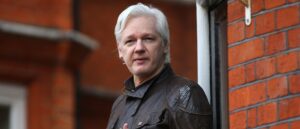

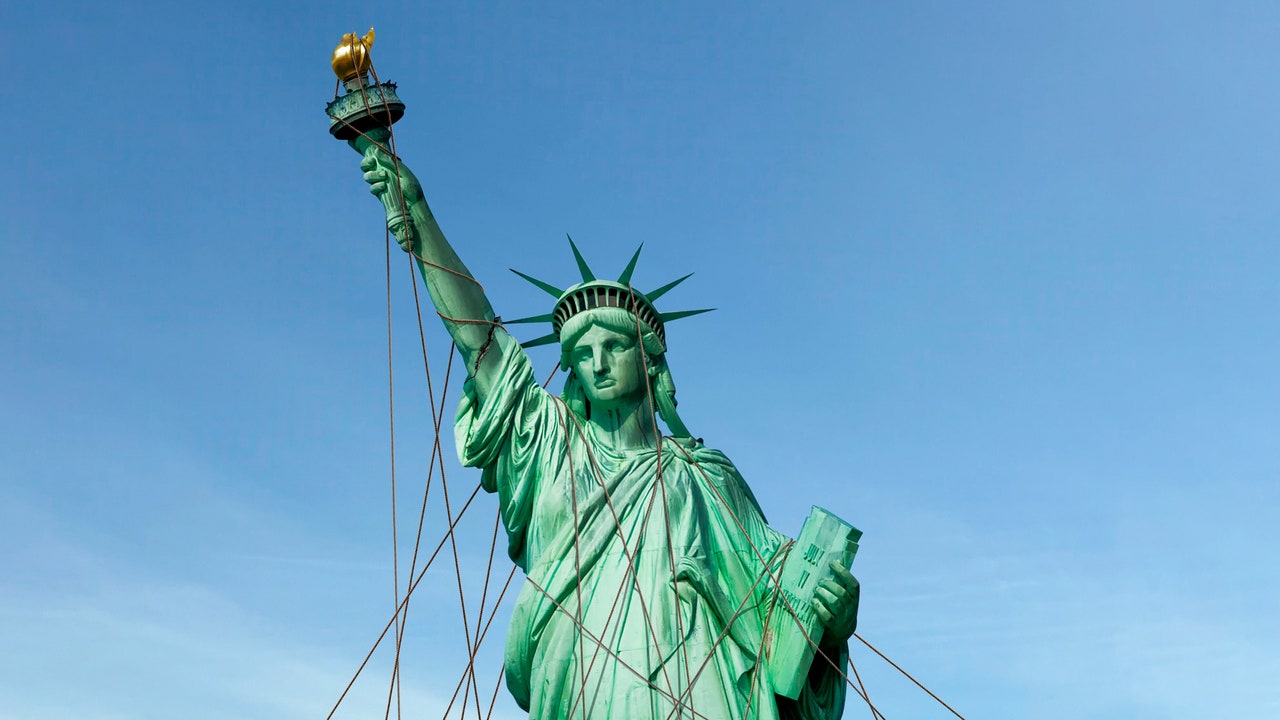







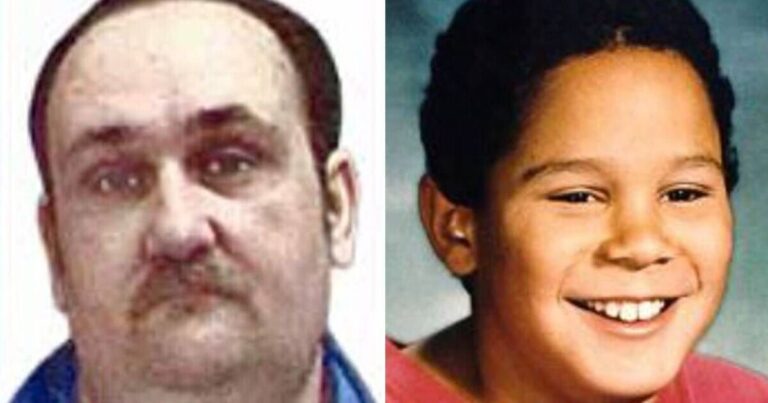
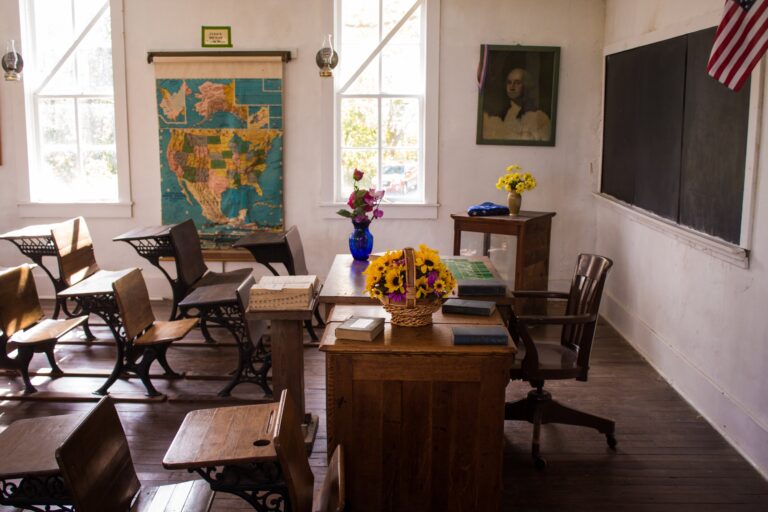
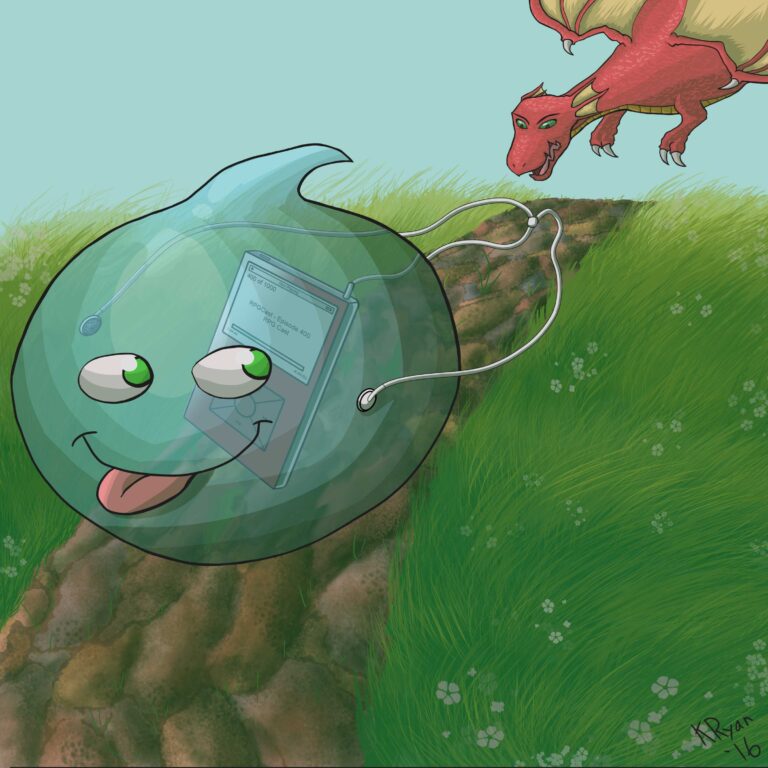
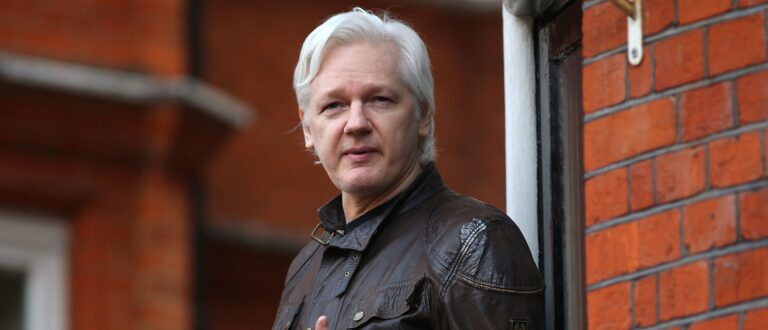
+ There are no comments
Add yours